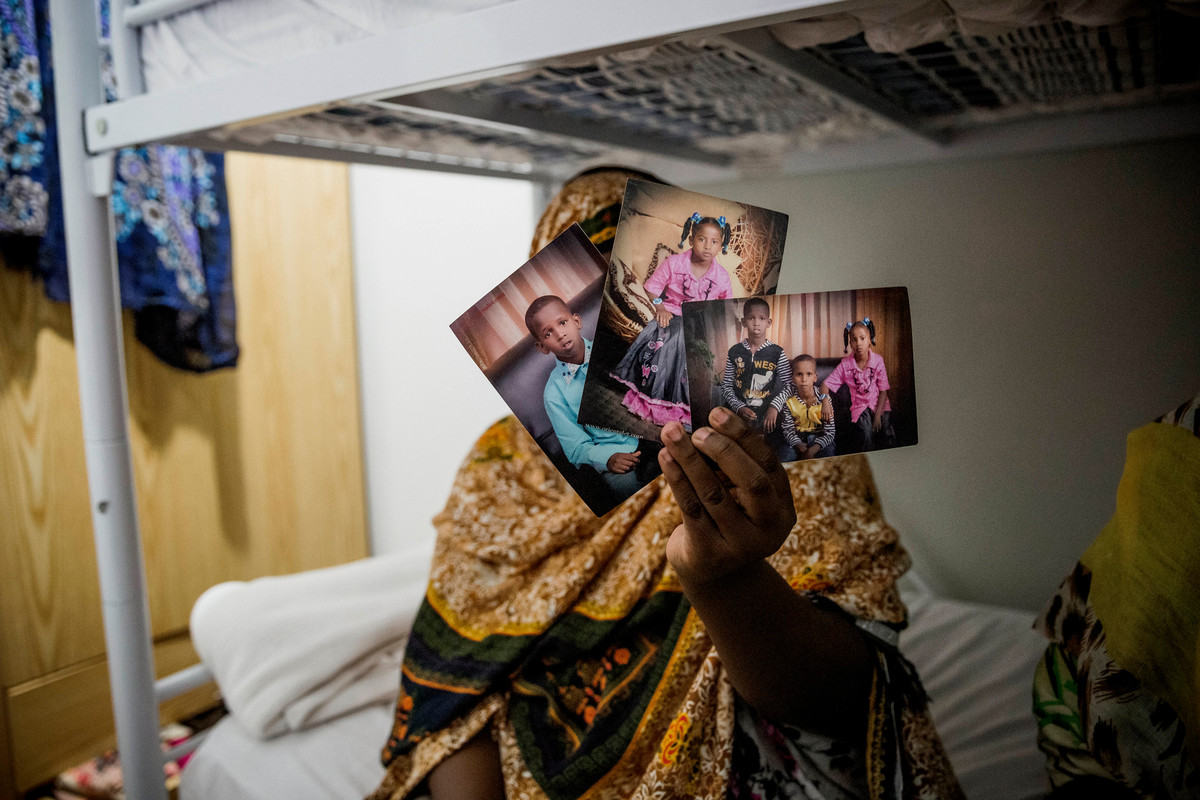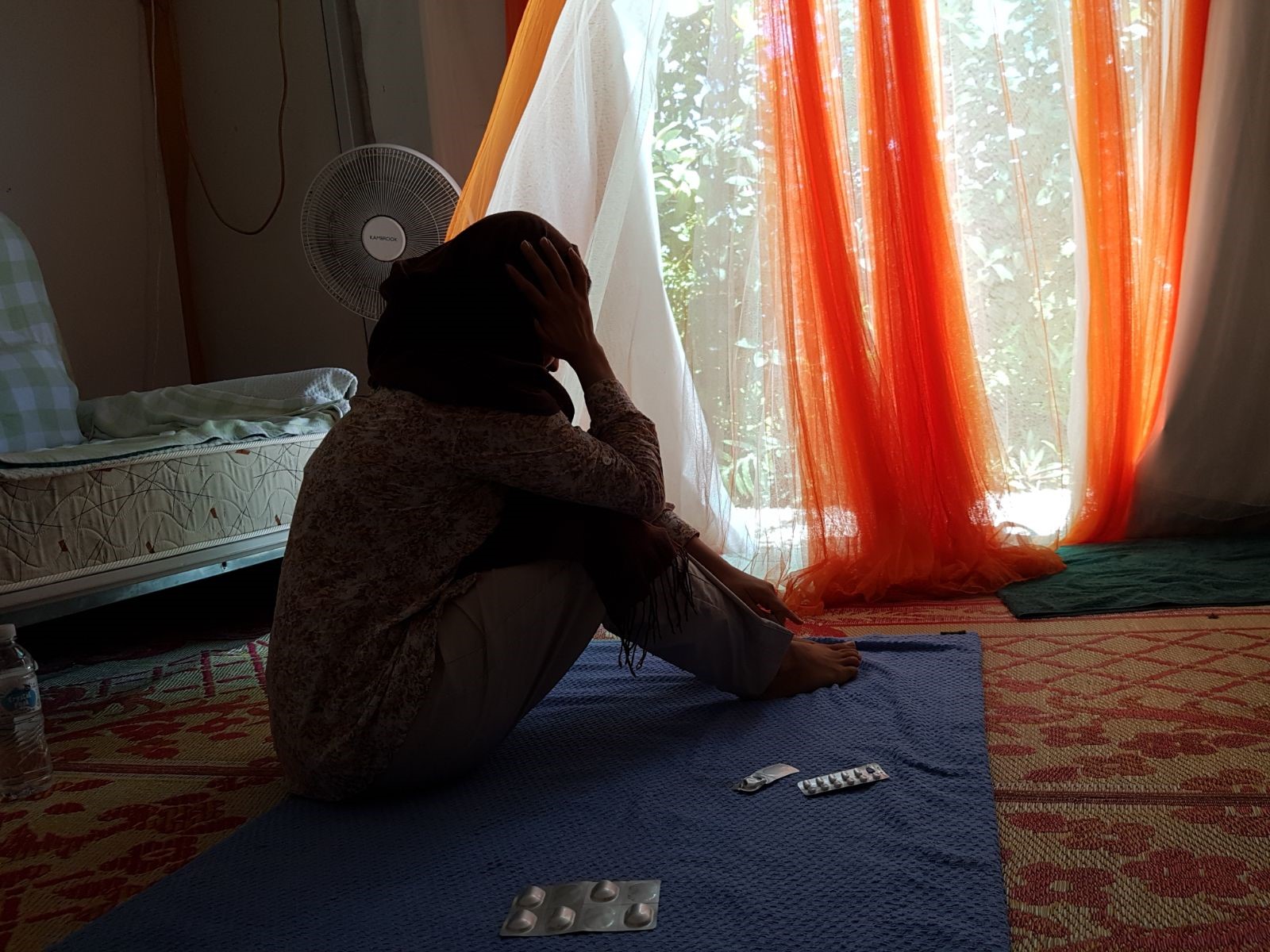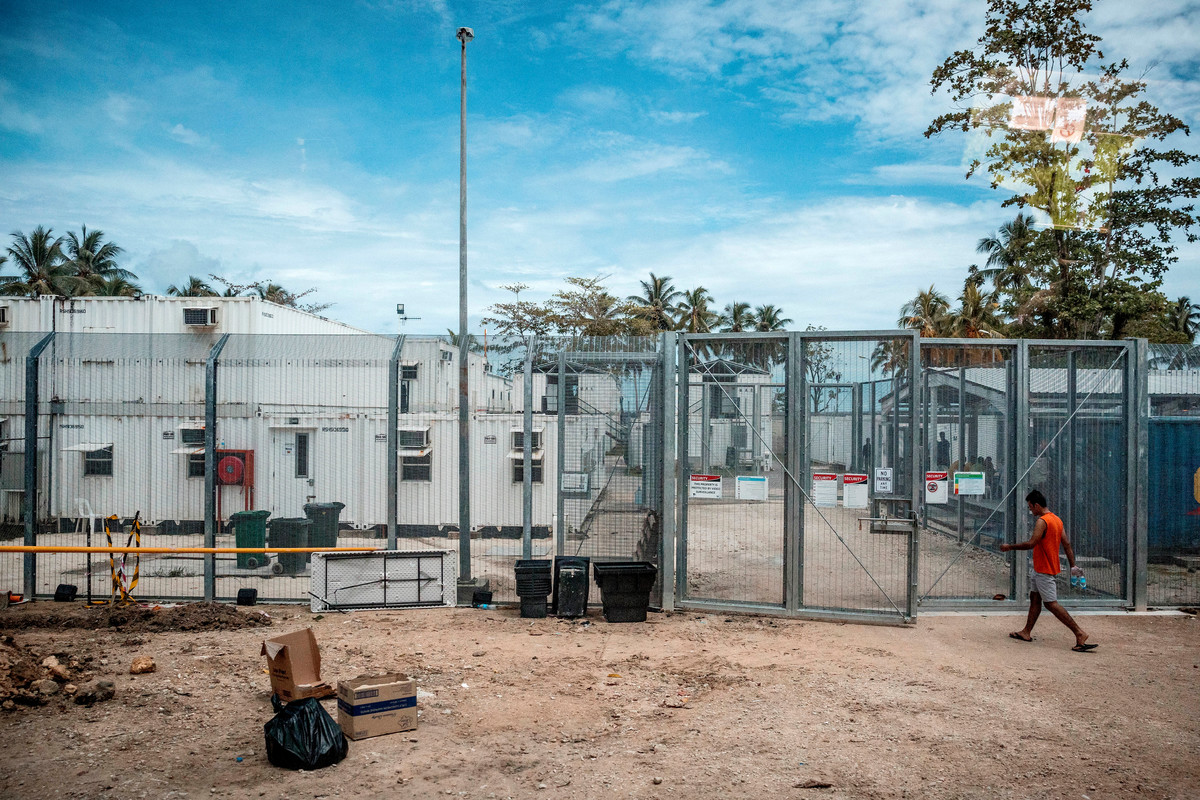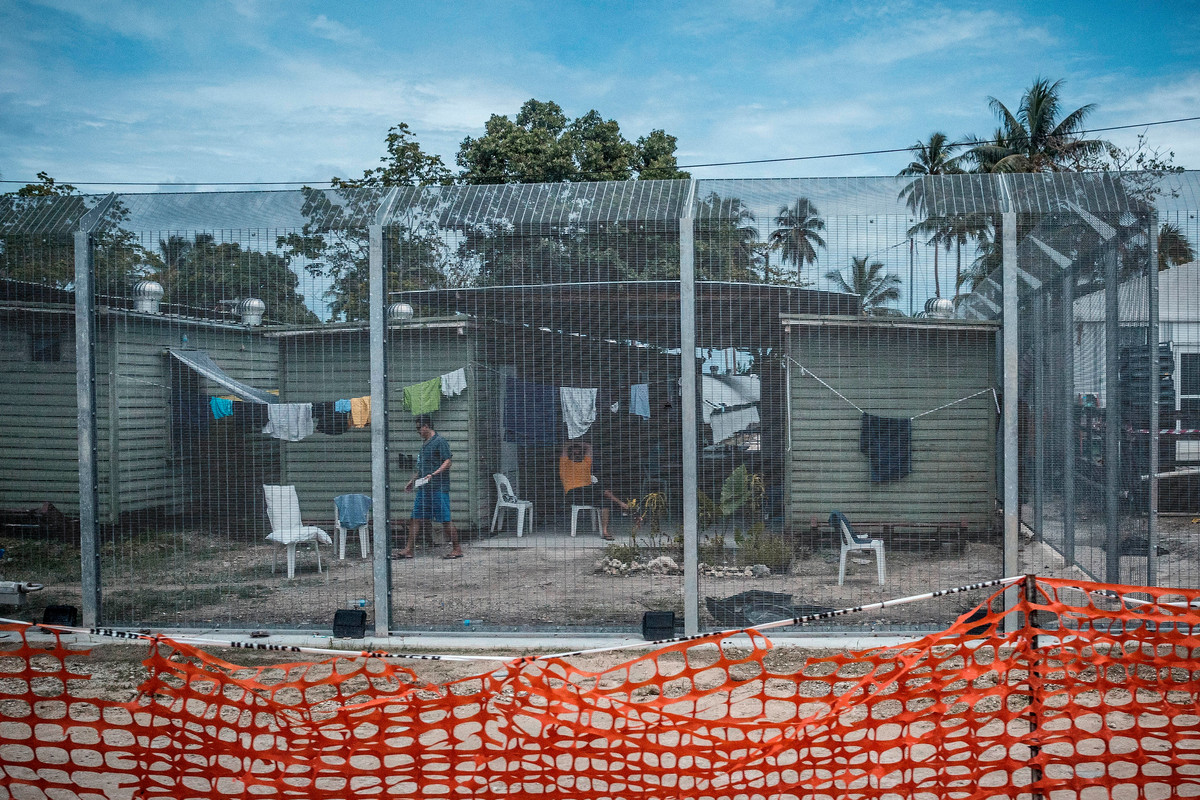UNHCR: Immediate action needed to avert further harm and tragedy on Manus Island
UNHCR: Immediate action needed to avert further harm and tragedy on Manus Island
UNHCR is deeply disturbed by the forcible removal of refugees and asylum-seekers from the former ‘Regional Processing Centre’ on Manus Island today. The beating of refugees and asylum-seekers by uniformed officers with metal poles, shown by footage released today, is both shocking and inexcusable.
UNHCR staff remain on the ground on Manus Island, where limited access is continuing to hamper our monitoring role. Our staff have received reports that several men remain inside the Regional Processing Centre, having been seriously injured, and are seeking additional information from the Governments of Australia and Papua New Guinea at this time. Medical treatment for all refugees and asylum seekers who require it is of paramount importance.
UNHCR unequivocally advised the Governments of Australia and Papua New Guinea prior to closure of the ‘Regional Processing Centre’ that comprehensive, intensive support for refugees and asylum-seekers is critical. Despite this, medical care remains inadequate, and caseworkers, interpreters, and torture and trauma counselling are completely unavailable. Similar concerns have been voiced by the authorities of Papua New Guinea, who lack the means and infrastructure to provide such services without further resources.
“The situation still unfolding on Manus Island presents a grave risk of further deterioration, and of further damage to extremely vulnerable human beings”, said Thomas Albrecht, UNHCR’s Regional Representative in Canberra. “UNHCR renews its call for all Australian Parliamentarians and leaders to take immediate action to provide protection and safety for all refugees and asylum-seekers transferred to Papua New Guinea.”
UNHCR remains particularly concerned that even recognized refugees are still being offered enticements to “voluntarily return” to their home countries. This includes countries where human rights conditions have significantly deteriorated in the past 12 months. Severely inadequate services and conditions may now further coerce refugees with a well-founded fear of persecution to nevertheless return to their countries of origin. UNHCR is aware, for example, of a refugee who recently returned to his home country, despite the precarious situation there, given fears for his safety and health in Papua New Guinea. Having been attacked by machete, and unable to get required medical treatment for a serious existing medical condition that had then been exacerbated, he felt he had no choice but to go back.
UNHCR urges the Government of Australia to take immediate action to provide protection and solutions, and to avert further harm and tragedy.
- Catherine STUBBERFIELD in Canberra, [email protected], +61 424 545 569






